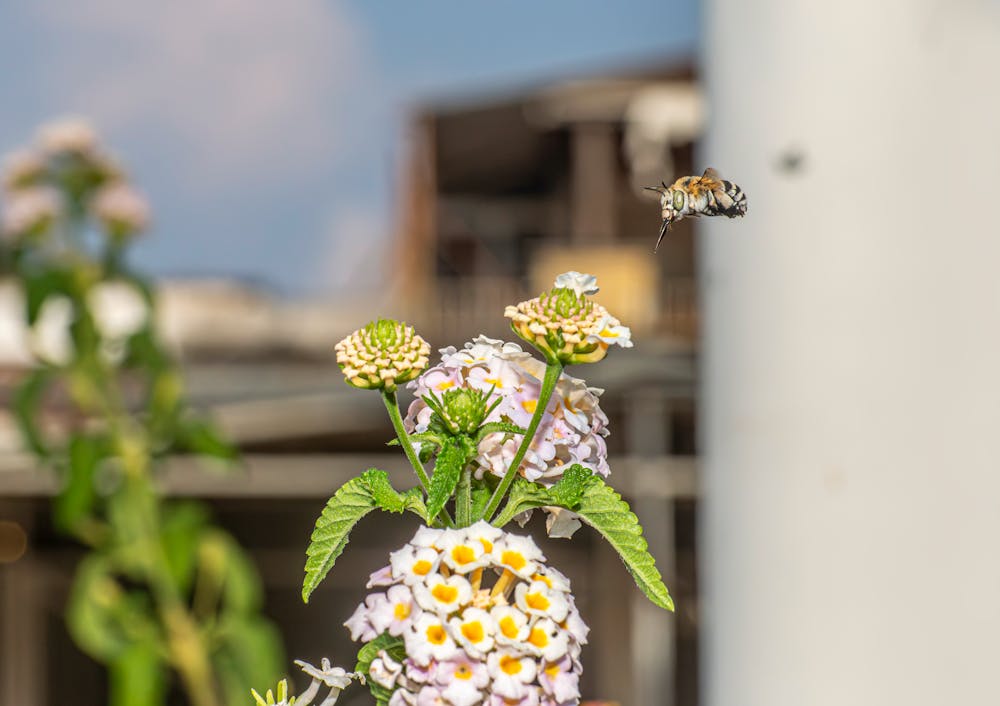Keeping a pest-free home can be a challenge, but with the right strategies, you can effectively protect your living space. Pests like insects, rodents, and other unwanted guests not only cause discomfort but can also bring health risks and property damage. With a proactive approach, you can create an environment that deters these invaders, ensuring peace of mind for your household. Below are expert tips that will help you maintain a pest-free home.
Schedule Regular Professional Inspections
While taking preventative measures is essential, having a professional pest control company inspect your home regularly can ensure that no infestations are lurking in hidden areas. Whether you are looking for pest control Needham, MA area, or any other city, professional inspections can identify potential problems before they become serious issues, offering peace of mind and early intervention if needed. Experts can also provide tailored advice specific to your home and region, making professional help an invaluable part of maintaining a pest-free environment.
Keep Your Home Clean and Tidy
The first step in preventing pests is maintaining a clean and tidy home. Most pests are attracted to food and water sources, so ensuring that these are not easily accessible is essential. Clean up any food spills or crumbs immediately, store food in airtight containers, and take out the trash regularly. Pay extra attention to kitchen surfaces, floors, and appliances, as these areas can harbor food particles that attract pests. By keeping your home spotless, you minimize the chance of pests finding a reason to stay.
Seal Entry Points
Pests enter homes through small cracks, gaps, and openings around doors, windows, and foundations. One effective strategy to keep them out is to seal off any entry points. Inspect your home for gaps around windows, doors, plumbing, and electrical outlets, and use caulk or weather stripping to close them. If necessary, install door sweeps to block rodents and insects from creeping under doors. Regularly checking and maintaining your home’s exterior is a vital step in preventing pest infiltration.
Manage Moisture Levels
Many pests thrive in damp environments, making moisture control a key element in pest prevention. Fix any leaky pipes, faucets, or drains promptly to avoid creating wet conditions that attract pests like cockroaches and ants. Additionally, ensure that your home is well-ventilated, particularly in moisture-prone areas like basements, bathrooms, and kitchens. Using dehumidifiers in damp areas can help reduce humidity levels, making it less hospitable for pests to live and breed.
Properly Store and Dispose of Trash
Garbage, particularly food waste, is a magnet for pests like flies, rodents, and ants. Keeping trash in tightly sealed containers, especially outdoors, is crucial for preventing pests from finding an easy meal. Make sure to empty your indoor bins regularly and avoid letting food waste sit for too long. For outdoor trash cans, ensure they are kept away from your home and tightly sealed to prevent larger pests like raccoons and rats from gaining access. Proper trash management goes a long way in keeping pests at bay.
Maintain Your Yard
The condition of your yard can greatly influence the likelihood of pests entering your home. Overgrown grass, piles of leaves, or standing water can attract pests like mosquitoes, ticks, and rodents. Regularly mowing the lawn, trimming shrubs, and removing any debris can reduce potential nesting areas for pests. Additionally, be sure to drain any standing water in your yard to prevent mosquitoes from breeding. A well-maintained yard serves as a first line of defense against outdoor pests making their way indoors.
Use Natural Pest Deterrents
Natural pest deterrents can be an effective way to keep your home pest-free without relying on chemical pesticides. Certain herbs and essential oils, like peppermint, eucalyptus, and lavender, can repel insects like ants, spiders, and mosquitoes. Placing sachets of these herbs or spraying diluted essential oils around entry points can act as a barrier to keep pests away. Additionally, diatomaceous earth, a natural powder, can be sprinkled in areas where pests are likely to travel. These natural solutions offer a safe and eco-friendly alternative to traditional pesticides.
In conclusion, keeping your home pest-free requires diligence and a combination of effective strategies. By maintaining cleanliness, sealing entry points, controlling moisture, managing waste, and keeping your yard in good shape, you can reduce the risk of pest infestations. With the added help of natural deterrents and professional inspections, you can ensure a healthy, comfortable, and pest-free home.




